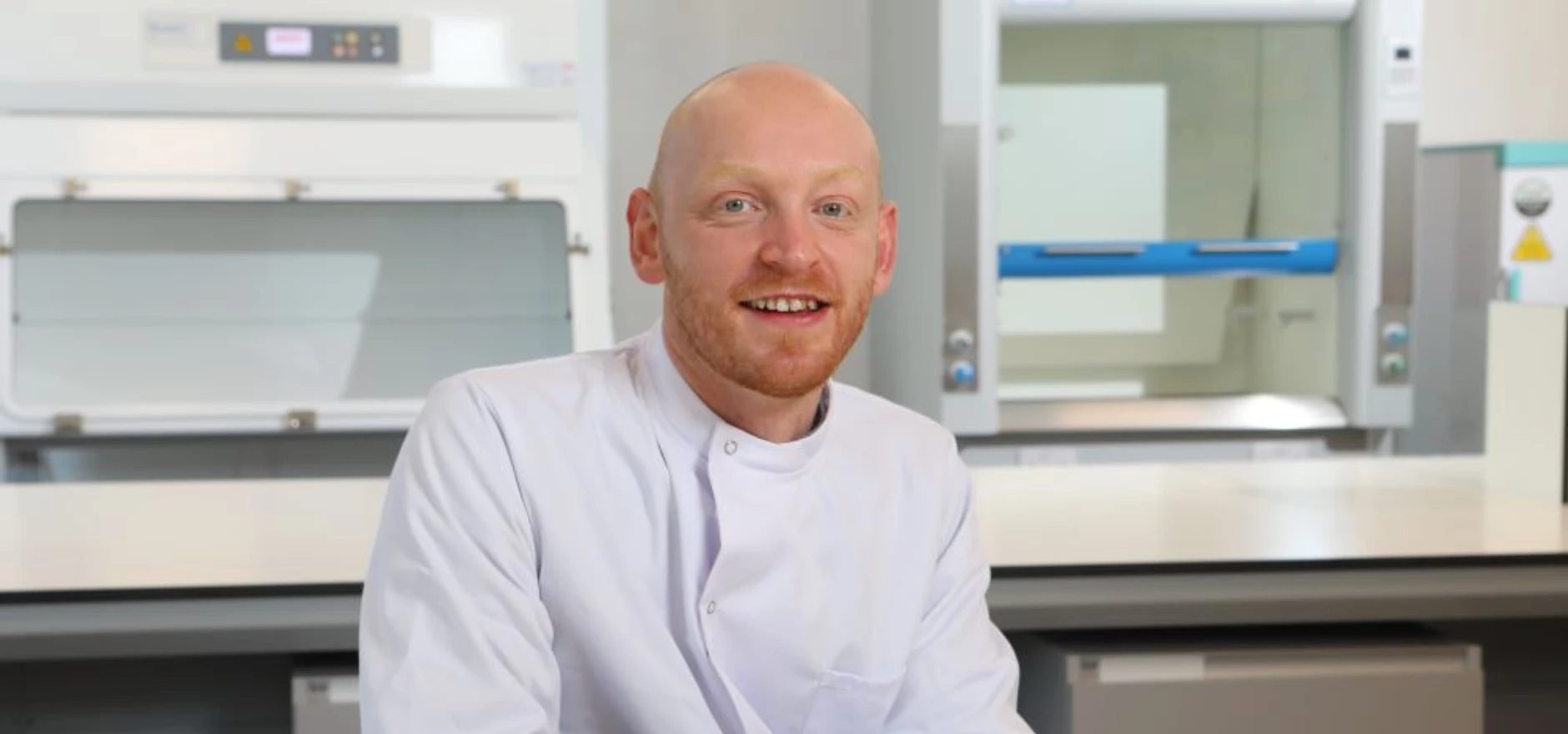
Pioneering DNA test targets faster diagnoses
A ‘groundbreaking’ pilot, believed to be the first of its kind, aims to transform the diagnosis and treatment of life-threatening respiratory infections in critically ill patients.
Newcastle Hospitals is part of a national trial introducing DNA sequencing technology to identify bacteria, fungi, and viruses causing severe chest infections like pneumonia. The new method delivers faster and more accurate results than traditional lab techniques, which can take days.
Dr Manoj Valappil, consultant virologist at Newcastle Hospitals, said: “The new technology has the potential to identify all pathogens present in a sample at once, including some of which aren’t currently detected by standard testing.
“Accessing such comprehensive information will help to inform targeted treatment decisions for critically ill patients.”
Led by NHS England and Guy’s and St Thomas’ NHS Foundation Trust, with funding from the Department for Science, Innovation and Technology, the pilot spans ten sites and involves Newcastle’s North East Innovation Lab and intensive care specialists. The initiative aims to improve patient outcomes by enabling earlier, targeted treatments for infections that can lead to sepsis.
Dr Matt Faulds, intensive care consultant at the Freeman Hospital, is leading the pilot for ICU.
He added: “Newcastle is a large specialist healthcare centre with excellent laboratories which means we can set up and run this kind of testing.
“To be chosen to be part of the team to pilot this world first technology is testament to our scientific and medical expertise.
“This pilot is about us being able to find the DNA signature on different kinds of bugs which you can find in someone’s lungs, and to be able to target the most effective treatment within hours.
“This will improve our ability to treat respiratory infections and sepsis, potentially giving the right drugs much more rapidly and easily.”
If successful, the genome testing service could be implemented across the NHS within two years, marking a significant step forward in critical care diagnostics.
Simon Rock, principal scientist at the North East Innovation Lab, added: “This new approach not only speeds up the diagnosis but also allows scientists to identify if the organism causing the disease is resistant to any antibiotics.
“This is really important for guiding the most effective therapy and treatment for patients who are critically ill.
“This technology can be applied to diseases we already know about, but it can also help with pathogen surveillance to identify new causes of disease, making us much better equipped to deal with future outbreaks or fast-spreading diseases.”
Looking to promote your product/service to SME businesses in your region? Find out how Bdaily can help →
Enjoy the read? Get Bdaily delivered.
Sign up to receive our daily bulletin, sent to your inbox, for free.








 Raising the bar to boost North East growth
Raising the bar to boost North East growth
 Navigating the messy middle of business growth
Navigating the messy middle of business growth
 We must make it easier to hire young people
We must make it easier to hire young people
 Why community-based care is key to NHS' future
Why community-based care is key to NHS' future
 Culture, confidence and creativity in the North East
Culture, confidence and creativity in the North East
 Putting in the groundwork to boost skills
Putting in the groundwork to boost skills
 £100,000 milestone drives forward STEM work
£100,000 milestone drives forward STEM work
 Restoring confidence for the economic road ahead
Restoring confidence for the economic road ahead
 Ready to scale? Buy-and-build offers opportunity
Ready to scale? Buy-and-build offers opportunity
 When will our regional economy grow?
When will our regional economy grow?
 Creating a thriving North East construction sector
Creating a thriving North East construction sector
 Why investors are still backing the North East
Why investors are still backing the North East